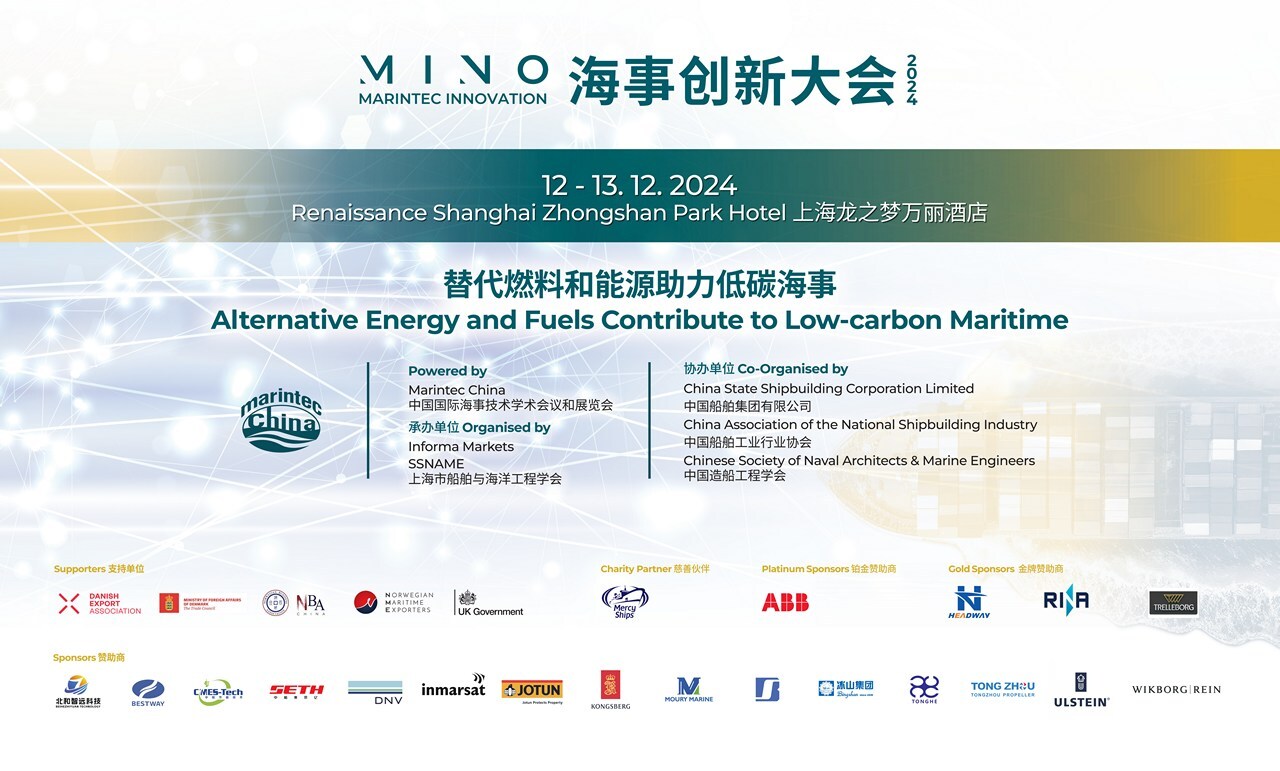
This article is part of HuffPost’s biweekly politics newsletter. Click here to subscribe . A hallmark of Donald Trump ’s first presidency was the way major policy developments would sometimes get almost no attention, because they were competing with the flurry of higher-profile, sometimes mind-blowing controversies swirling around him and his team.
Evidently Trump’s second presidency is going to unfold in the same way. For the past week, the political world has focused mostly on the controversies over Trump’s planned appointments for top positions in his administration. And that’s understandable, given his plan to put the nation’s health in the hands of a noted vaccine skeptic and to hand the national intelligence apparatus over to someone who likes to repeat talking points from Russian propaganda .

But that conversation has left virtually no space for discussion about policy changes — including one that should raise a lot of questions about exactly whose interests Trump will represent in government and exactly who has influence over him. The policy in question is a federal tax credit for buyers of new electric vehicles. It exists thanks to the 2022 Inflation Reduction Act, President Joe Biden’s signature legislative accomplishment, and is part of that law’s effort to reduce reliance on fossil fuels by promoting EV use.
Last week Reuters reported that Trump’s transition team was recommending he ask Congress to kill the tax credit. And while Trump has not said anything publicly, auto industry leaders and investors saw the report as a trial balloon and indicator of what the president-elect is likely to do. It was not exactly a shocking development.
Trump has been speaking out against Democratic support of EVs ― or what he has called, deceptively, an “ electric vehicle mandate ” ― for years. Especially when speaking in states like Michigan, cradle of America’s auto industry, he has portrayed the EV effort as elite Democrats imposing a tree-hugging agenda that will ruin the U.S.
auto industry and, in the process, wipe out jobs for U.S. workers.
Still, Trump never said explicitly whether he’d actually seek to eliminate the tax credit. And there were reasons to think he might not pursue the idea after the election. One is that a number of House Republicans support the EV incentives.
Many come from places like Georgia, Ohio, Indiana and Nevada ― states that Trump won and where the EV effort has led to a boom in factory construction. The recent EV push has “created good jobs in many parts of the country — including many districts represented by members of our conference,” the House members wrote in a summer letter to House Speaker Mike Johnson (R-La.) Then there are the feelings of the auto industry itself.
Both Ford and General Motors, the two legacy car companies still based in Detroit, have supported the tax credit because they think a global shift towards EVs is inevitable. The real question now, they argue, is not whether there will be many more EVs in the future, but who will produce and sell them. The U.
S. carmakers are particularly worried about losing ground to Chinese companies. Thanks to two decades of financial support from their own government, Chinese carmakers can now produce EVs more cheaply and, as a result, are poised to dominate the worldwide market.
The new federal tax credit, worth up to $7,500 per vehicle but only valid for EVs produced here in the U.S., is giving Ford and GM a chance to compete on a more even playing field among U.
S. consumers. Good jobs in the districts of House Republicans, a chance to help American industry compete with China ― those sure sound like ideas that might resonate with Trump.
But those aren’t the only appeals Trump is hearing. He’s also hearing from some of his biggest, and richest, allies. And they have a very different view.
Hamm, Musk And EVs One of the co-leaders of the transition team on EV policy, according to Reuters, is Harold Hamm , a billionaire oil tycoon who was a prodigious Trump fundraiser during the campaign (and donated plenty of his own money, too). Hamm opposes support for EVs, whose growth over the long term would reduce demand for gasoline ― i.e.
, the financial lifeblood of his enterprises. Elon Musk, another Trump megadonor, also has the president-elect’s ear. And although Musk is the CEO of Tesla, the nation’s top electric carmaker, Musk has said his company doesn’t need the subsidies because it’s not trying to retool from making gas-powered cars and isn’t at the same disadvantage internationally as the legacy Detroit automakers.
“I think it would be devastating for our competitors and for Tesla slightly,” Musk told investors over the summer. But he said that in the “long term, it probably helps” Tesla if Trump does away with the tax credit, since that could allow Tesla to more thoroughly dominate the U.S.
market. Corey Cantor , a senior auto industry analyst at BloombergNEF, told HuffPost he thinks Tesla sales benefit from the tax credits more than Musk lets on. But he agrees Tesla has “far more flexibility” and would suffer less.
One reason for that is that Musk has fought unionization at his auto plants and, according to outside analysts, pays his workers less than competitors . A major goal of the Biden EV push was to support unionized companies in the U.S.
and, in the process, guarantee better pay for manufacturing workers. It’s impossible to know just how much Trump’s opposition to the EV tax credit reflects the influence of Hamm and Musk, given his own longstanding skepticism of measures to prevent climate change. But Trump has a lengthy , well-chronicled history of heeding or helping donors who want policy favors, or offering them positions in his administration.
And that’s to say of nothing of how Trump and his family profited personally when, for example, lobbyists and foreign dignitaries would stay at Trump’s Washington hotel. One w atchdog group determined through public disclosures that his daughter, Ivanka, and her husband, Jared Kushner, made as much as $640 million in outside income during Trump’s first term. Now Trump is on his way back to the White House, with a transition team led by and stocked with billionaires .
Musk, along with fellow billionaire Vivek Ramaswamy, are leading a so-called Department of Government Efficiency (“DOGE”) task force that, though not an official government entity, will identify targets for big cuts in government spending. The Political Game Lobbyists and analysts familiar with the transition told The New York Times they thought Ford and GM (and Stellantis, the other Detroit company, which is now part of a foreign conglomerate) still had a chance to save the tax credit, if they’re strategic enough. As these sources explained it to the Times, part of Trump’s motivation for killing the tax credit was his grudge against the Detroit companies because of their past support for auto emissions policies he opposed.
To get on Trump’s good side, the companies needed to make amends ― or, as the Times put it, “bow to Mr. Trump.” Trump has always been unabashedly transactional .
The variable is which kind of currency will get him to respond. Campaign contributions? Family enrichment? Personal abasement? Some combination of the above? The future of EVs, like so many other issues in policy for the next four years, may depend on who figures out the answer. Related From Our Partner.














